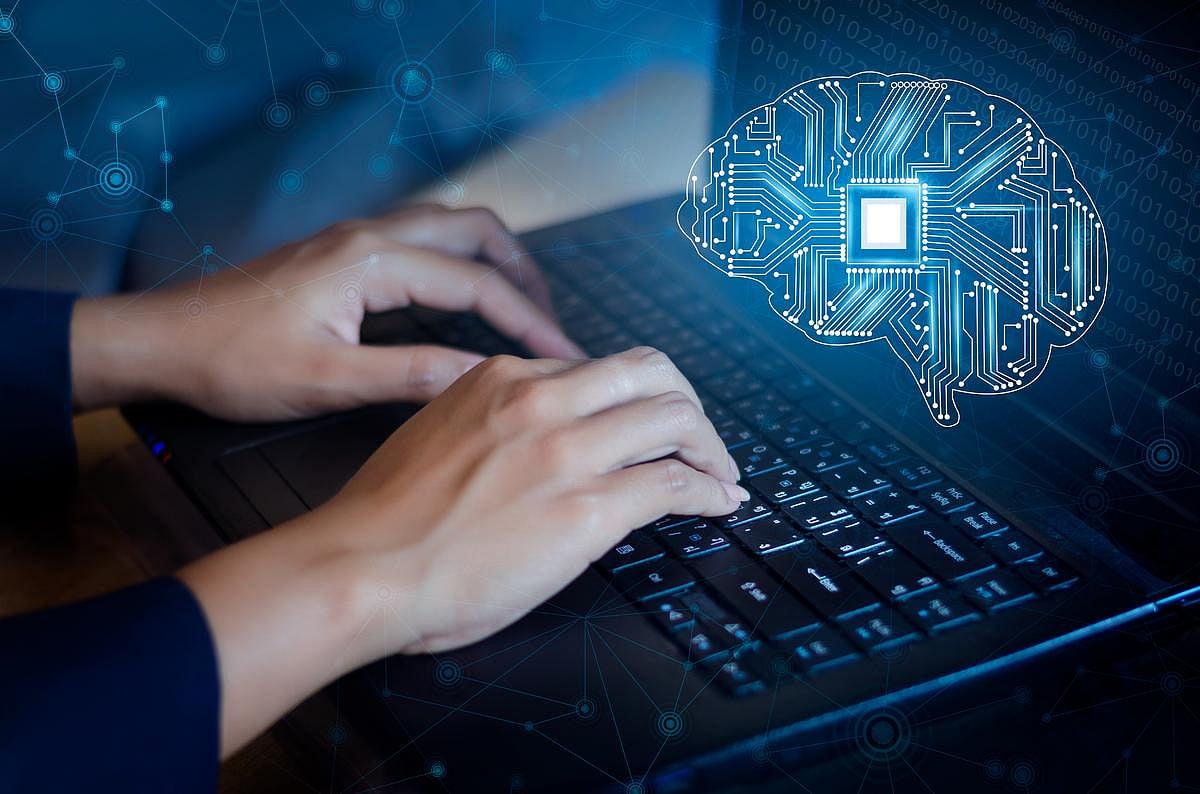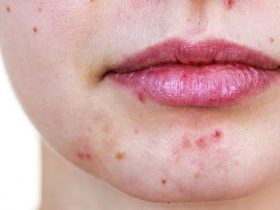Rates higher among those aged 18 to 21 years, and more than nine in 10 users found the advice somewhat or very helpful
By Lori Solomon HealthDay Reporter
THURSDAY, Nov. 13, 2025 (HealthDay News) — More than one in eight U.S. teens and young adults use generative artificial intelligence (AI) for mental health advice, according to a research letter published online Nov. 7 in JAMA Network Open.
Ryan K. McBain, Ph.D., from RAND in Arlington, Virginia, and colleagues used data from a nationally representative survey of 1,058 U.S. adolescents and young adults (aged 12 to 21 years) to examine the prevalence, frequency, and perceived helpfulness of advice from generative AI when feeling sad, angry, or nervous.
The researchers found that 13.1 percent of respondents reported using generative AI for mental health advice, with higher rates among those aged 18 to 21 years (22.2 percent). Among users, nearly two-thirds (65.5 percent) sought advice monthly or more often and 92.7 percent found the advice somewhat or very helpful. Use of generative AI for mental health advice was higher among those aged 18 to 21 years (adjusted odds ratio [aOR], 3.99) compared with younger adolescents. Compared with White respondents, Black respondents were less likely to report the advice as helpful (aOR, 0.15).
“High use rates likely reflect the low cost, immediacy, and perceived privacy of AI-based advice, particularly for youths unlikely to receive traditional counseling,” the authors write. “However, engagement with generative AI raises concerns, especially for users with intensive clinical needs, given difficulties in establishing and using standardized benchmarks for evaluating AI-generated mental health advice and limited transparency about the datasets training these models.”
Copyright © 2025 HealthDay. All rights reserved.







